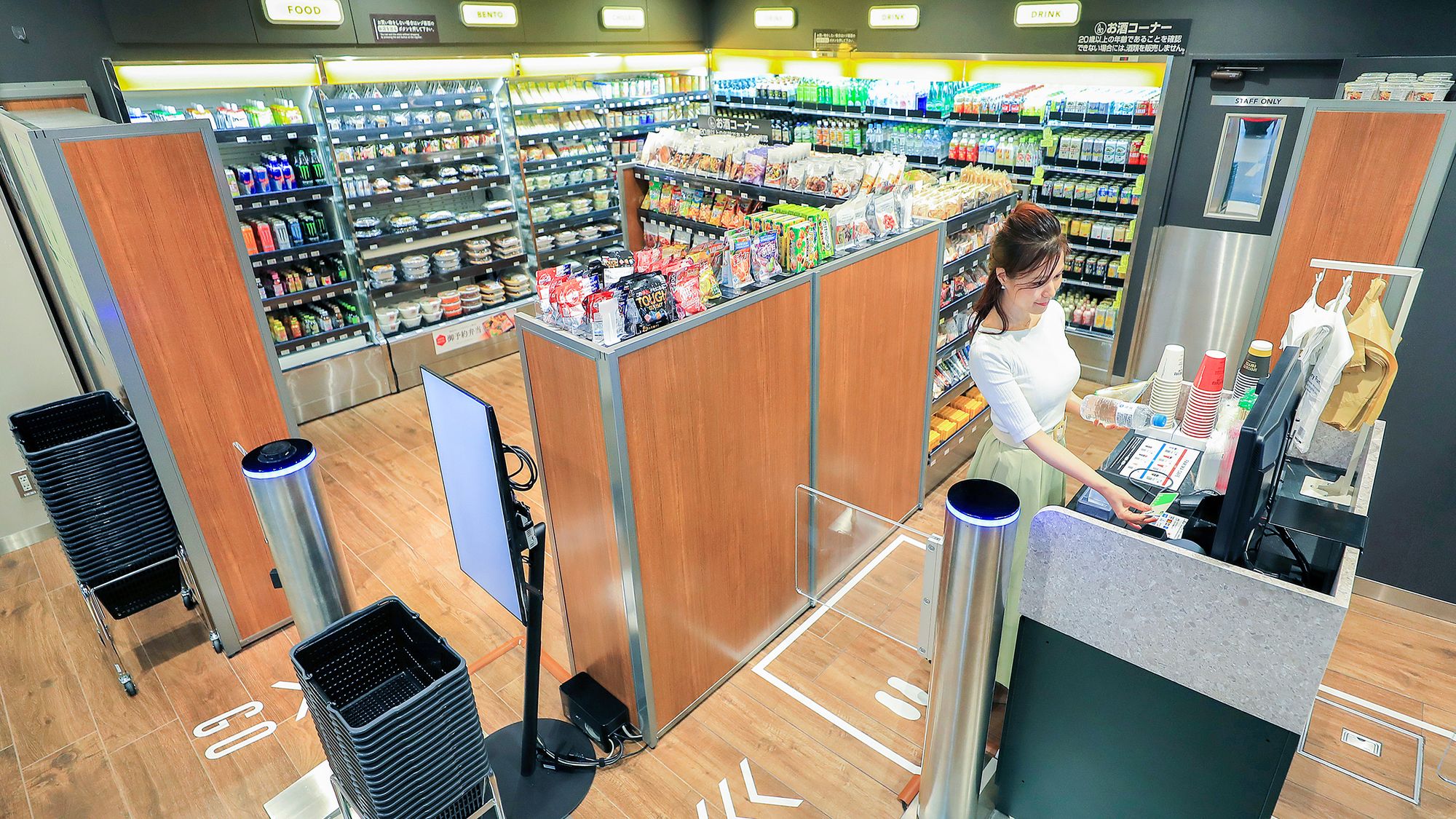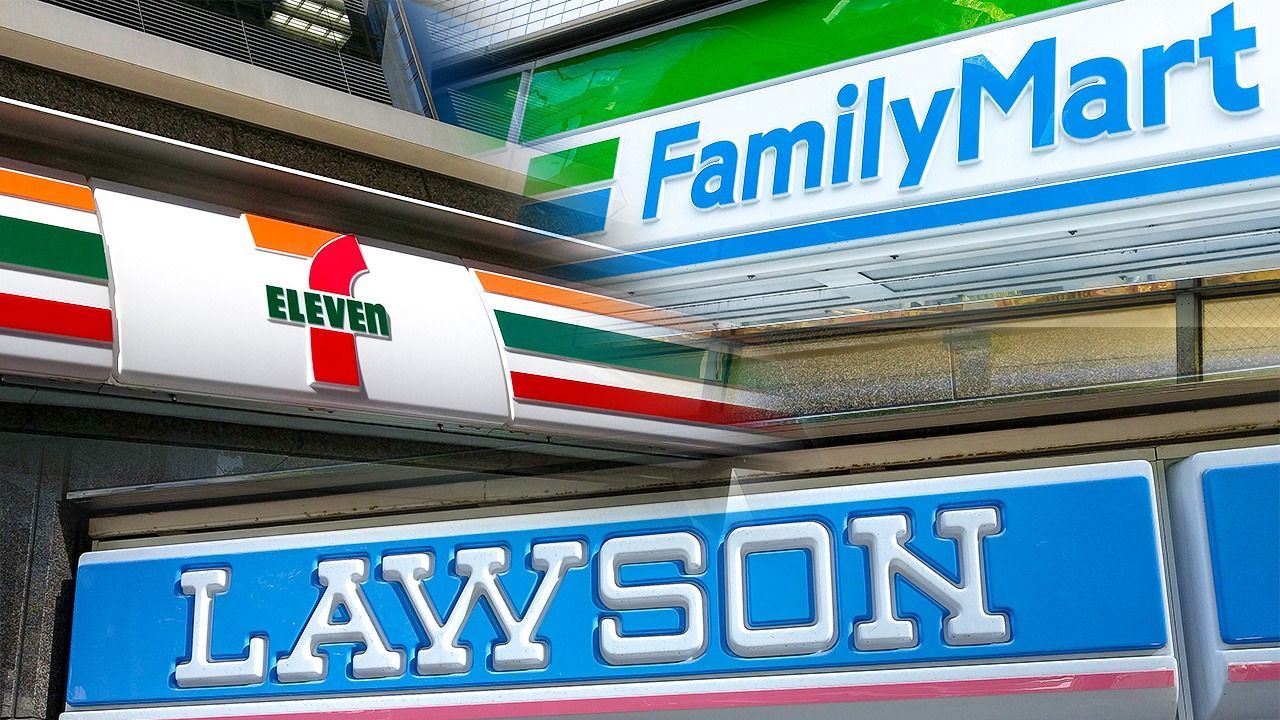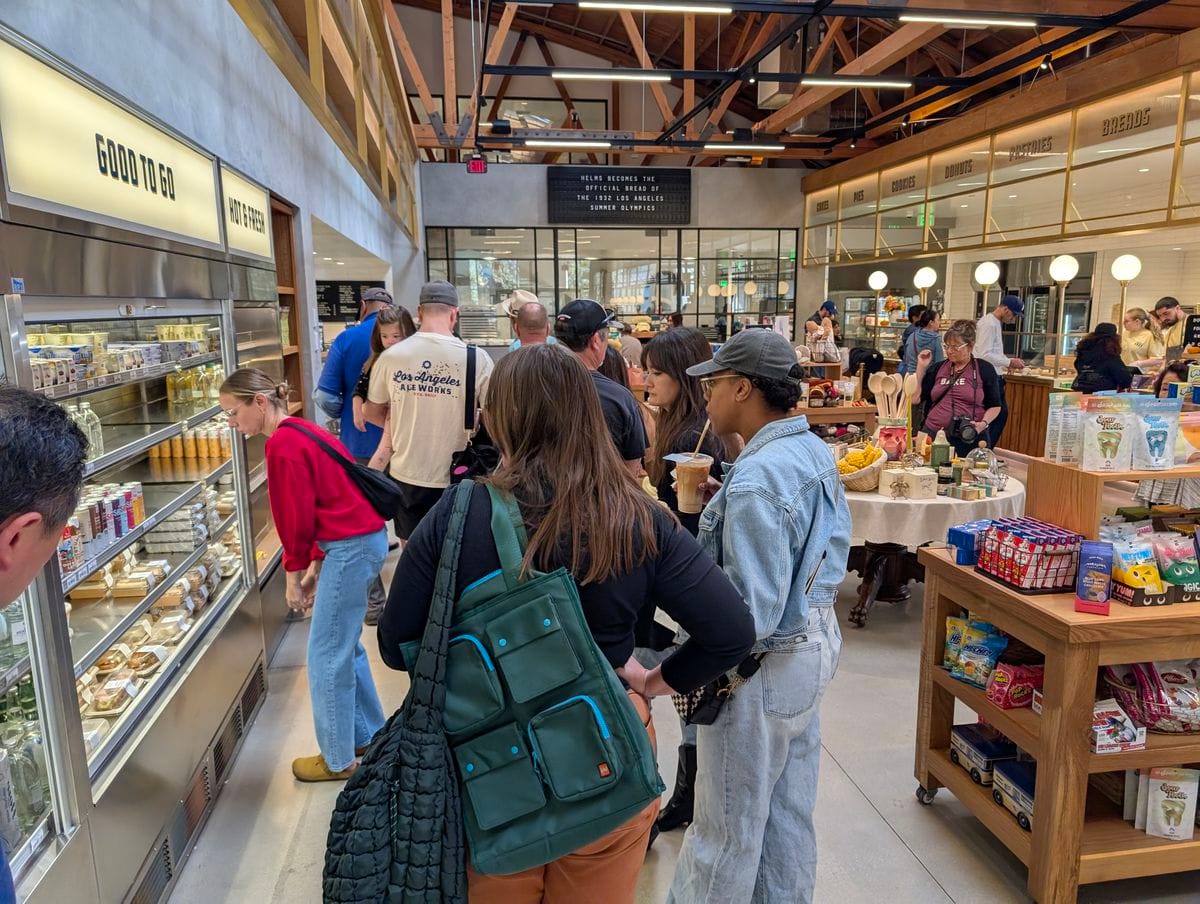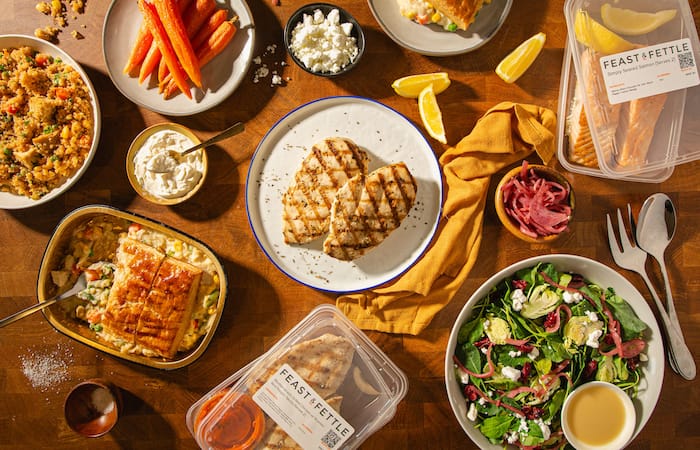What C-Stores Can Learn From 50 Years of Japanese Konbini Innovation
March 23, 2023
Read Time
8 min

Walking through the streets of Japan and stumbling across countless 7-Elevens and what appear to be western-themed c-stores called “Lawson,” one gets the impression that the US has had a marked impact on the convenience culture of Japan. But in reality, it’s actually the other way around. In the early 70s, a Japanese department store chain called Ito-Yokado bought the franchise rights for 7-Eleven and Denny’s. After a few iterations, the stores started seeing success with grab-and-go foods like onigiri (Japanese rice balls), yakitori, and katsu (fried) chicken as well as other banking and postal services. Fast forward to the early 90s, Ito-Yokado bought a majority stake in the entire 7-Eleven franchise, making it a Japanese company. Lawson, too, originated in the US as a humble chain of Ohio neighborhood convenience stores selling its own dairy products and was eventually franchised to a Japanese supermarket chain in the 70s. Mitsubishi became its largest shareholder in 2001. Over the past two weeks, I have been observing the role of these konbini (convenience) stores, taking notes on what I think are some interesting takeaways for the US convenience industry.

Subscribe to continue reading
Sign up now for HNGRY Trends to read weekly stories like this and join the community of hundreds of food tech industry insiders from CloudKitchens, Uber, DoorDash, GoPuff, and more.
Already a member? Log in







